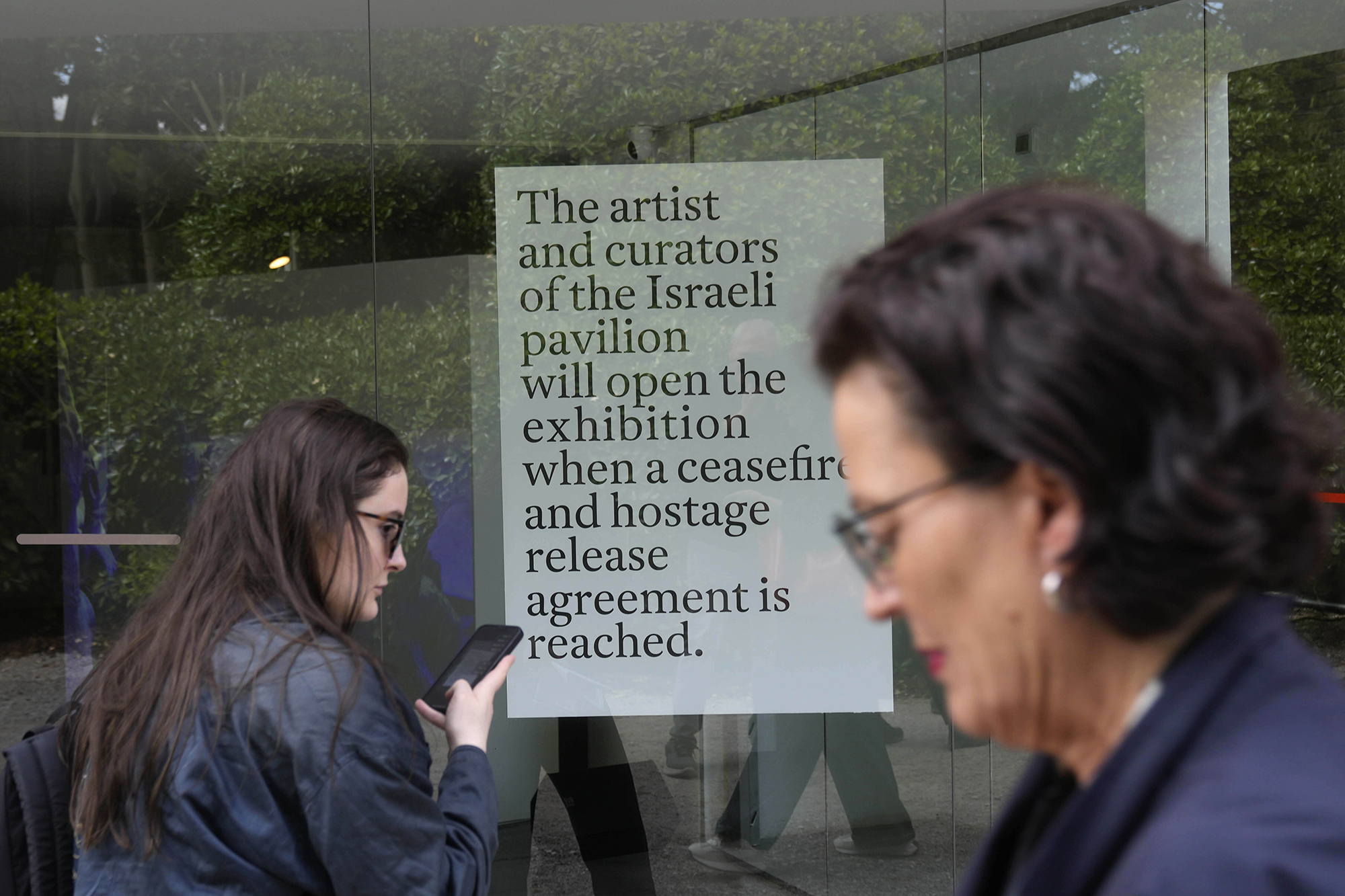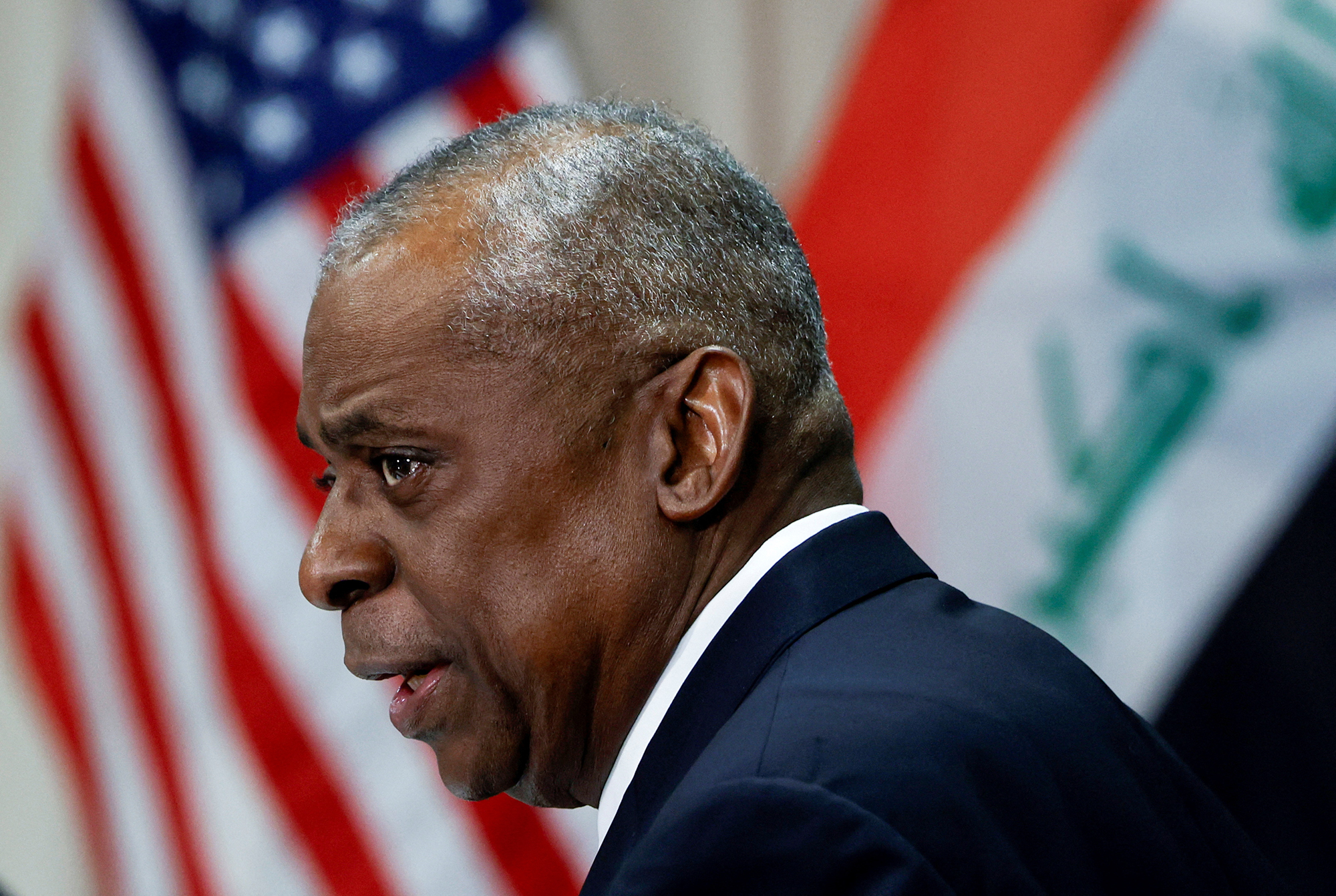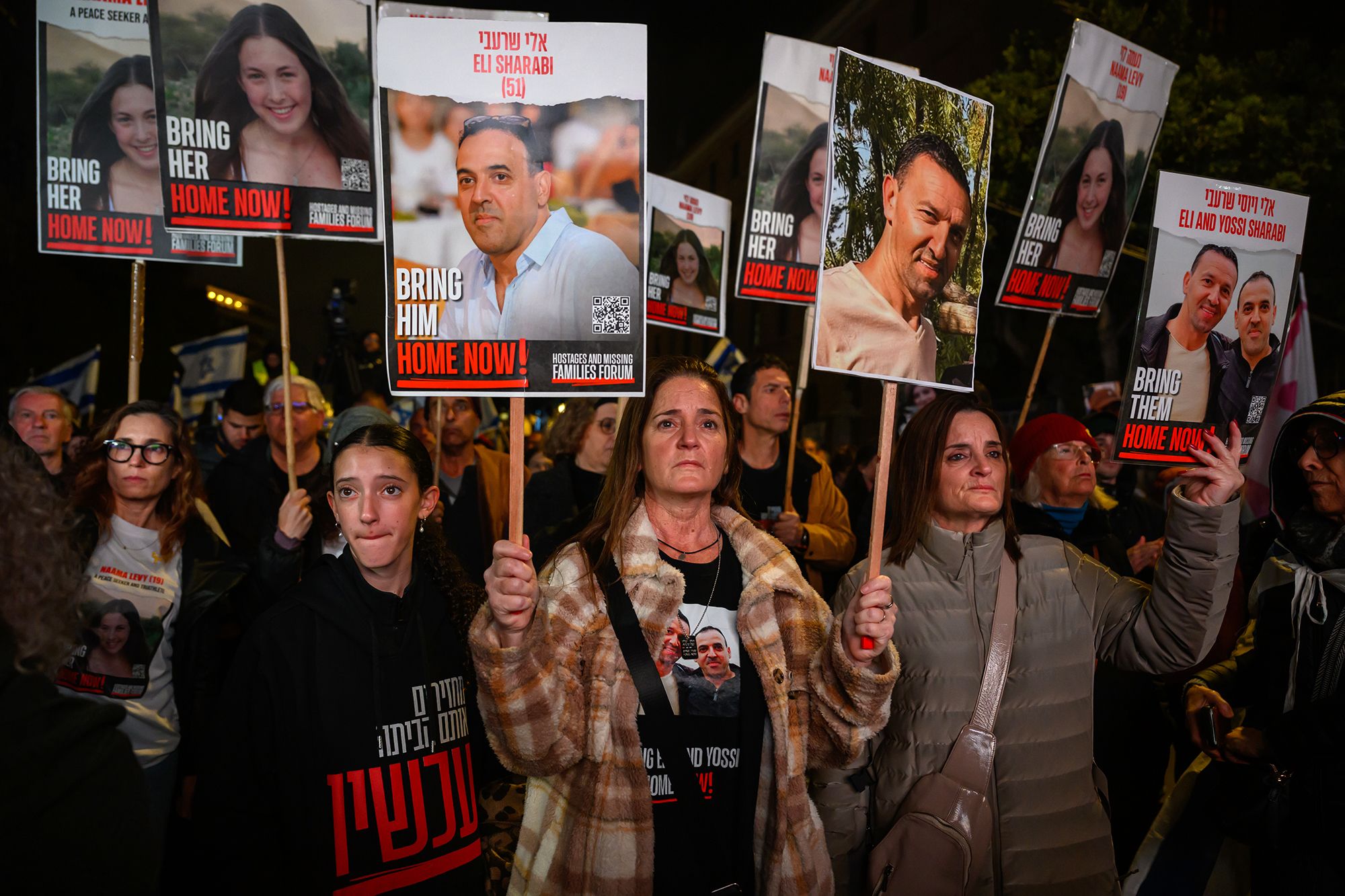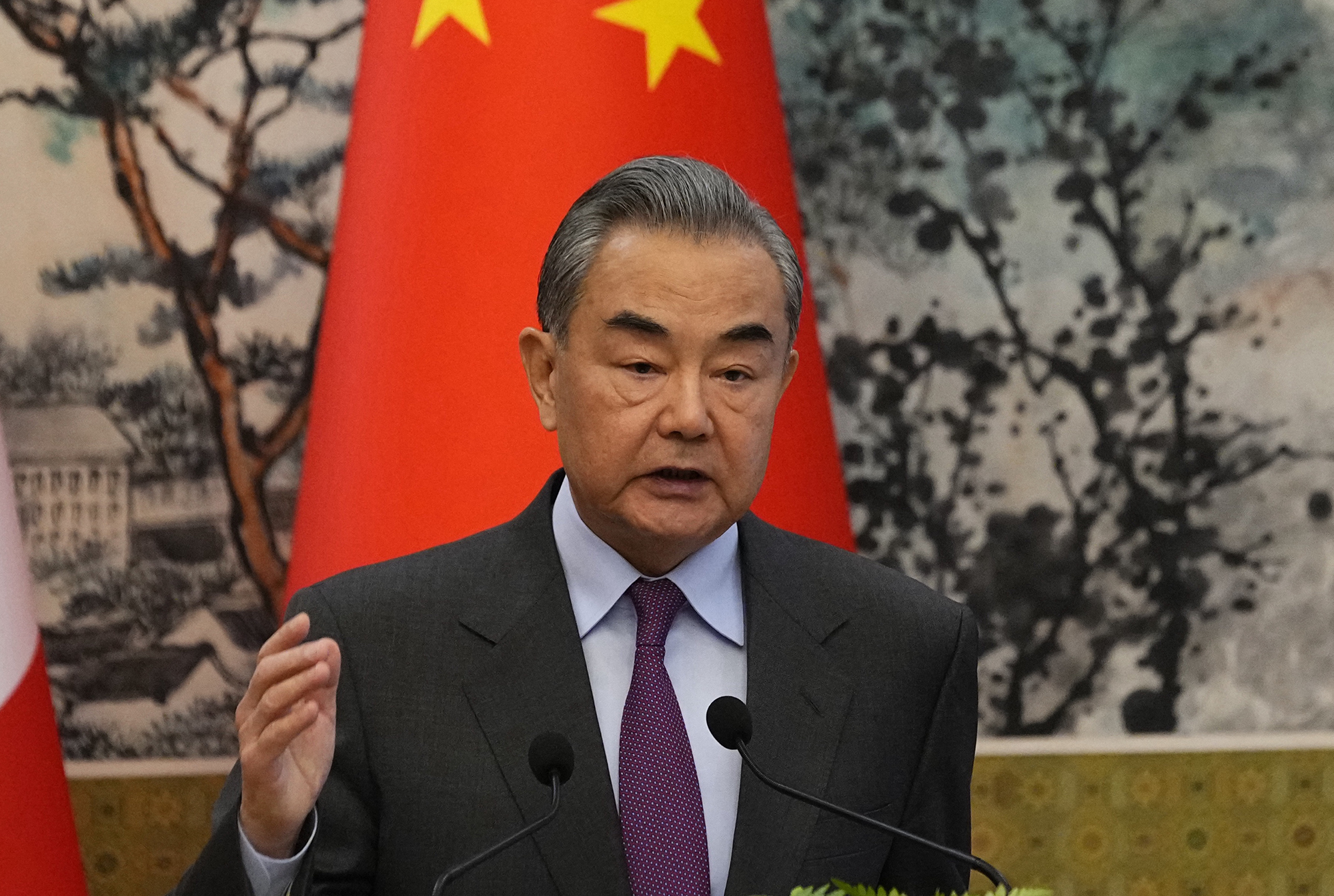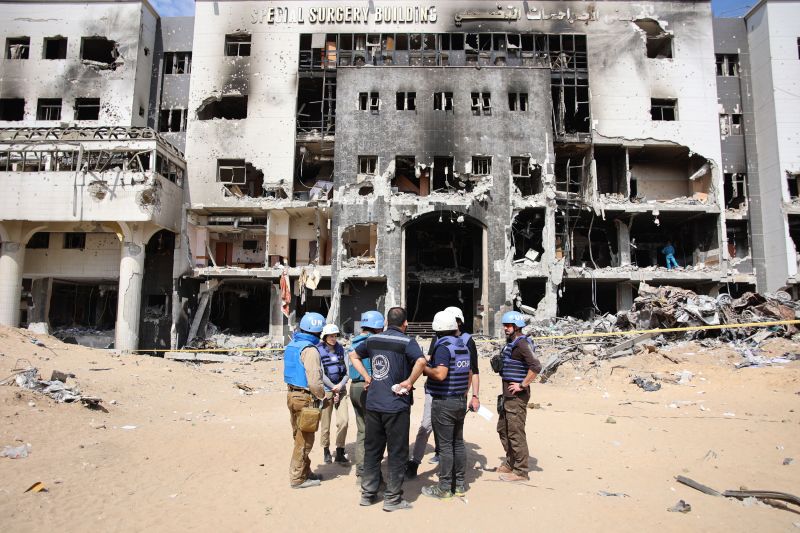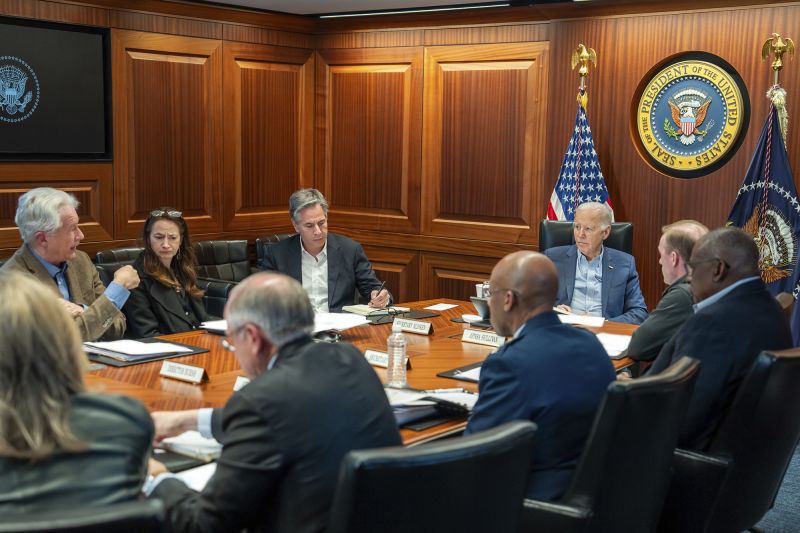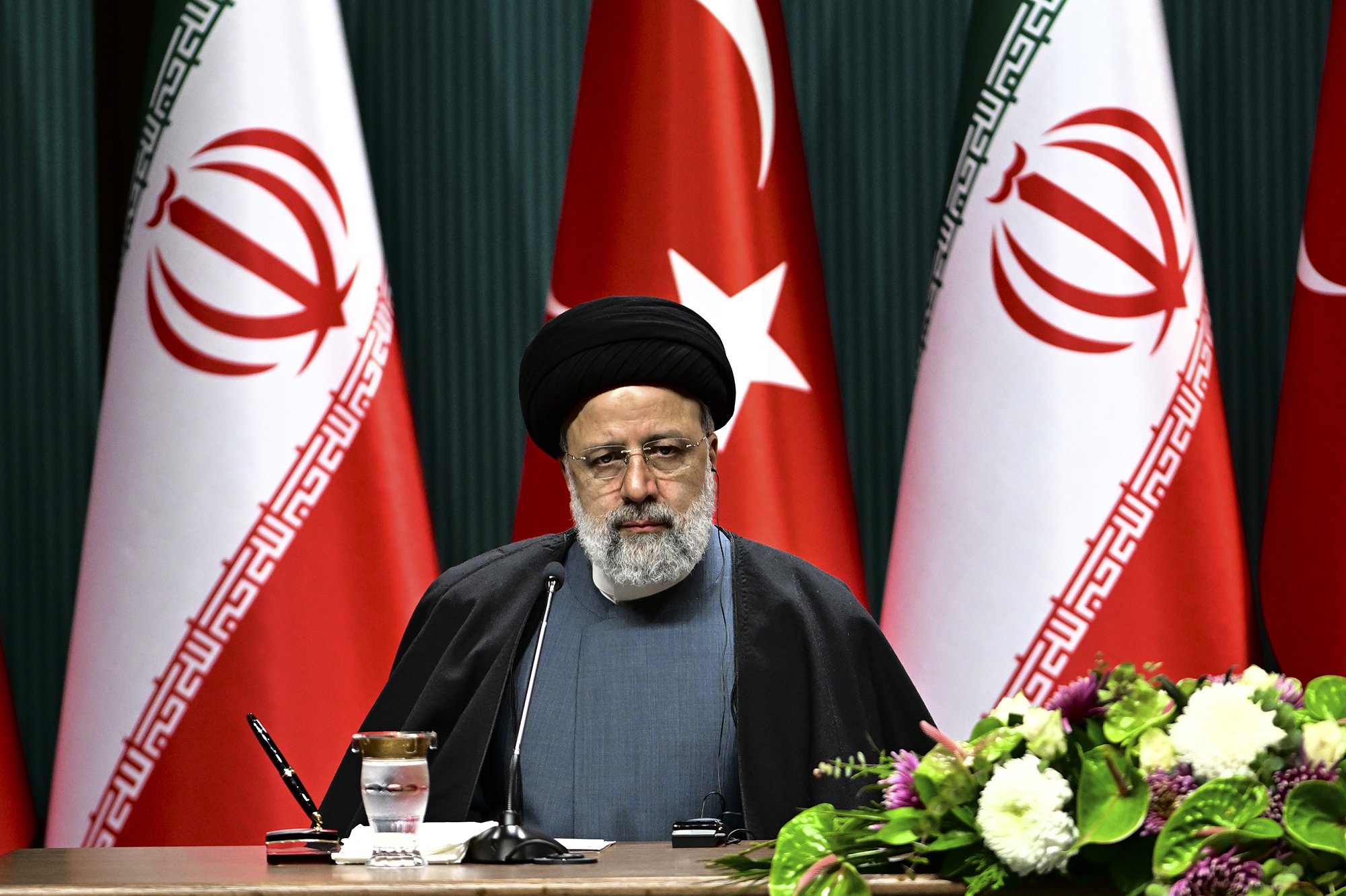
President Ebrahim Raisi has warned that the “smallest action against Iran’s interests” will be met with a “severe, extensive and painful” response.
In a call with Qatar’s Emir Tamim bin Hamad Al Thani on Monday, the president said that Iran's attack on Israel this weekend was an act of “legitimate defense.”
“As we have already officially announced the operation of the 'Honest Promise' was successfully carried out with the aim of punishing the aggressor. Now we firmly declare that the smallest action against Iran's interests will definitely be met with a severe, extensive and painful response against all its perpetrators,” Raisi said.
"Honest Promise" was the name given to Iran’s unprecedented attack, which saw drones and missiles launched at Israel over a five-hour period — almost entirely intercepted by the Israeli military and its allies. Israel has vowed to respond and is weighing its options to do so.
In the call, Qatar “stressed the need to reduce all forms of escalation and avoid expanding the conflict in the region,” according to a statement run by state news agency Sheikh Tamim.
